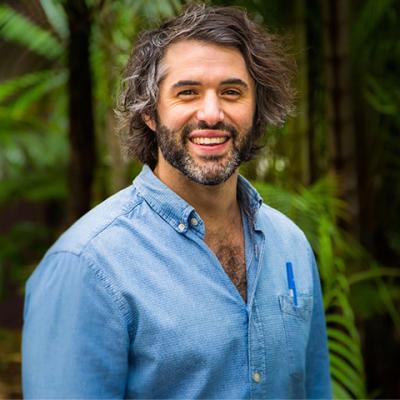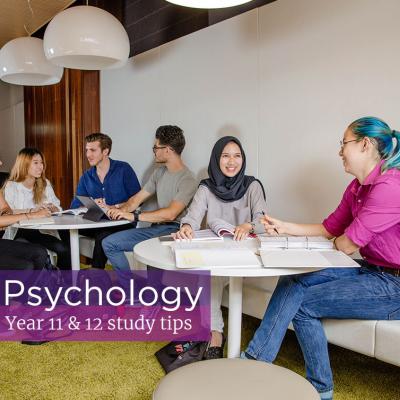Meet Dr James Kirby, a clinical psychologist and senior lecturer in UQ's Bachelor of Psychological Science (Honours) and Master of Psychology.
James cofounded the first research unit dedicated to compassion science in Australia, the Compassionate Mind Research Group.
James’s interest in compassion science is driving research in the scientific understanding and application of compassion focused approaches in therapy and ensuring our psychology students are taught to include compassion and empathy in their skillset.
“When you think of compassion, what comes to mind? Kindness, understanding, tenderness, empathy, maybe warmth? Compassion can be all those things – but it is much more,” James says.
“Compassion is having a sensitivity to suffering in self and others, with a commitment to try to alleviate and prevent it. It is a motivational force that can shape our behaviour and relationships with each other and the world.”
“Research has shown that compassion is extremely good for not only mental health but also social relationships, connectedness and for community.”
Current research
It's this passion for compassion that drives James’s research. His current research is focusing on how compassion focused therapy can help people with body shame and those suffering from depression.
“We trialled the efficacy of a new Compassion Focused Therapy manual on patients with high levels of body weight shame and found it helped reduce self-criticism, shame and depression,” he says.
“This was achieved through helping the patients cultivate self-compassion, ultimately teaching them how to be understanding, validating and encouraging towards themselves.”
Examining how we choose to be compassionate is another focus of James’s current research.
“Being compassionate often requires sacrifice and effort, and I am interested in how we make that choice to help someone suffering,” he says.
“As a species we can be extremely compassionate, but often our everyday compassionate behaviours are restricted to those we know, such as family and friends.
“I am interested in how we choose to expand our compassion to others – to those beyond our typical concern, like those from different groups, people we dislike, animals and the environment.”
Teaching at UQ
James is currently a Senior Lecturer for UQ’s postgraduate psychology program, the Master of Psychology. This role sees him teaching students who are in their final preparations for becoming registered psychologists.
“It’s important for these students to develop competence in their therapeutic skills and techniques before going out and working with real clients,” says James.
“In turn, I implement a self-practice, self-reflection type model into my teaching.
“For instance, I typically do role play demonstrations of therapy-client scenarios. In my opinion, these are the moments of magic in my classes! The students get so into the therapeutic process, and it’s so inspiring seeing it unfold in real time.
“During the role play I will often pause and ask the class questions such as, ‘what do you think is happening here with the client?’ or ‘what could we do to improve the emotional connectedness here in this interaction?’
“The students also get a chance to play the role of the client. When in the role of the client they work with some of their own personal pains – just low to mid-range pains the students are comfortable to work with. It’s important for the students to experience therapeutic interactions from both the perspective of the therapist and the client.
“At the end of the role play, students are encouraged to reflect on the session – what aspects did they do well at, where could they perhaps improve?
"This helps the students see that it’s OK to make mistakes. It also helps build a supportive and encouraging environment where we can help each other learn.”
The importance of psychology
When asked why he thinks the field of psychology is so important, James says it’s because it offers answers to the question, “what makes humans tick?”.
“In many ways psychology is about understanding and connecting with what it’s like to be human in our various and diverse contexts,” he says.
“It’s also about understanding how humans shape the world and the social interactions we have.”
“The field offers insights into our human experiences, helps us connect with others, and can mean the difference between a life well lived and a life of challenges. It has so many direct applications to how we live our lives.”
Studying psychology can mean walking away with a greater understanding of how humans handle everyday life. There are so many different areas you can get involved with, understand, and make a positive contribution to.
Meet some other UQ academics or learn more about the Bachelor of Psychological Science (Honours), or Master of Psychology.






